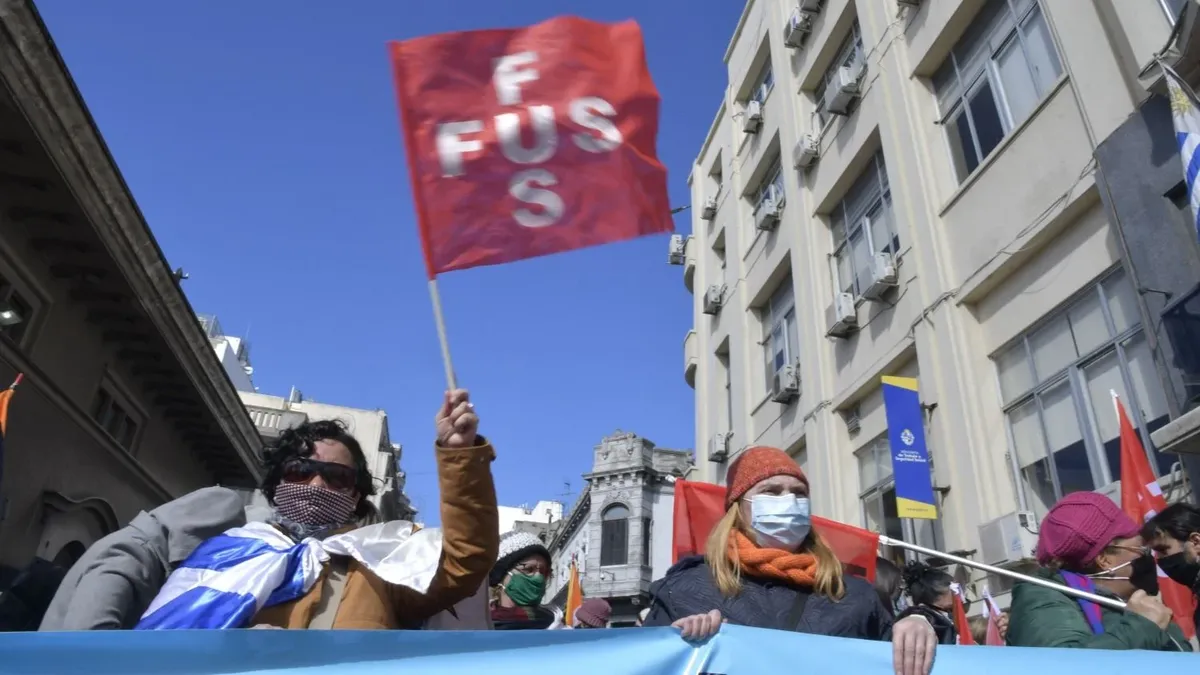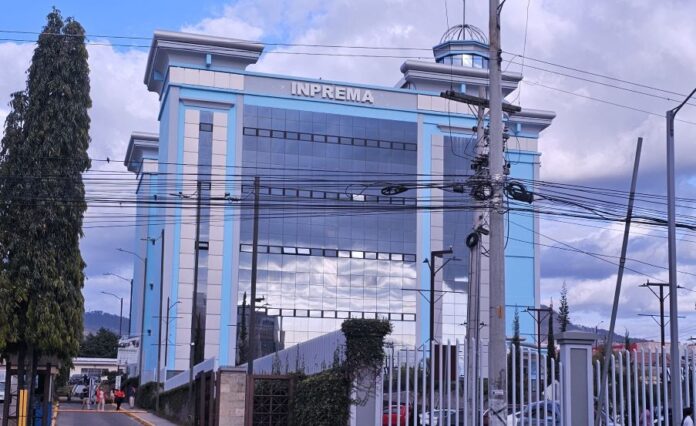Colombia's Petro Government Faces Critical Fiscal Balancing Act: Can Public Finances Be Stabilized in 12 Months?
2025-08-03

El Tiempo
The Gustavo Petro administration in Colombia is facing a significant economic challenge: stabilizing public finances within the next 12 months. A widening gap between government spending and tax revenue has become increasingly concerning, demanding swift and decisive action. This article explores the complexities of this situation, the potential strategies being considered, and the implications for Colombia's economic future.
The Growing Fiscal Deficit: A Cause for Concern
The core issue lies in the expanding deficit – the difference between what the government spends and what it collects through taxes. Recent data reveals a more pronounced disparity than previously anticipated. While the Petro government inherited a complex economic landscape, the current trajectory necessitates immediate attention to ensure long-term fiscal sustainability. Several factors contribute to this deficit, including ambitious social programs, fluctuating commodity prices (particularly oil, a major source of government revenue), and the ongoing impact of global economic uncertainties.
Petro's Economic Strategy and the Challenges Ahead
President Petro's administration has championed a progressive economic agenda focused on social equity and reducing inequality. Key initiatives include increased social spending, land reform, and efforts to diversify the economy away from its reliance on oil. While these goals are laudable, implementing them while maintaining fiscal discipline presents a formidable challenge. The government is exploring various measures to bolster revenue, including tax reforms and efforts to combat tax evasion. However, these measures face political and logistical hurdles.
Potential Solutions and Policy Considerations
Several potential solutions are on the table to address the fiscal imbalance. These include:
- Tax Reform: Revising the tax system to ensure greater fairness and efficiency, potentially increasing taxes on higher earners and corporations. This is a politically sensitive area, and any changes must be carefully considered to avoid discouraging investment.
- Spending Review: A thorough evaluation of government spending to identify areas where efficiency can be improved and savings can be achieved. This requires prioritizing essential programs and streamlining bureaucratic processes.
- Economic Diversification: Reducing the economy's dependence on oil by promoting other sectors, such as tourism, technology, and manufacturing. This is a long-term strategy but crucial for building a more resilient economy.
- Fiscal Responsibility Measures: Implementing stricter budget controls and improving financial transparency to ensure responsible management of public funds.
- International Cooperation: Seeking technical assistance and financial support from international organizations to help implement fiscal reforms.
The 12-Month Deadline: A Critical Window
The Petro government has set a target of stabilizing public finances within 12 months. This is an ambitious goal, requiring a concerted effort across all levels of government. Failure to achieve this target could lead to increased borrowing costs, inflation, and a loss of investor confidence, potentially jeopardizing Colombia’s economic stability. The coming months will be crucial as the government navigates these challenges and seeks to implement effective solutions. The success of this endeavor will depend on a combination of policy reforms, political consensus, and favorable economic conditions.
Looking Ahead: Implications for Colombia's Future
The ability of the Petro government to stabilize public finances will have profound implications for Colombia’s economic future. A stable fiscal environment is essential for attracting investment, promoting economic growth, and ensuring the long-term well-being of the Colombian people. The current challenge underscores the importance of sound economic management and the need for a sustainable development strategy that balances social equity with fiscal responsibility. The world will be watching closely to see how Colombia tackles this critical test.





